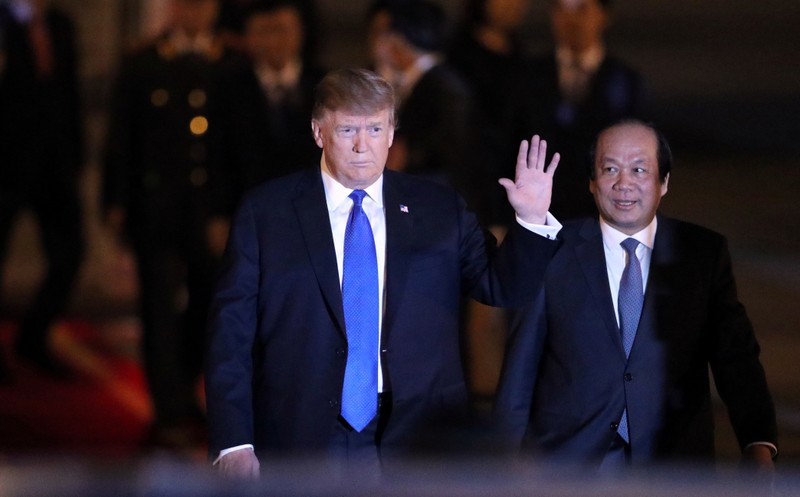
FILE PHOTO – A ferry sails past commercial buildings with Christmas decorations at the financial Central district in Hong Kong, China November 29, 2017. REUTERS/Bobby Yip/File Photo
February 27, 2019
By Donny Kwok and James Pomfret
HONG KONG (Reuters) – Hong Kong’s economic growth halved in the fourth quarter and the outlook for the financial hub is clouded by a trade war between Washington and Beijing, Financial Secretary Paul Chan said on Wednesday, as he announced his budget for Asia’s financial hub.
Hong Kong’s open and trade-reliant economy has been buffetted by external risks, including the U.S.-Sino trade war, an economic slowdown in China, cooling property prices and stock market volatility.
Chan said the economy grew 1.3 percent in the fourth quarter from a year earlier, the weakest increase since the first quarter of 2016, and slower than downwardly revised 2.8 percent growth in the previous three months.
The economy grew 3 percent for the full-year 2018, slightly slower than the government’s forecast of 3.2 percent.
Iris Pang, Greater China economist at ING, said in a report the weaker than expected growth was due to spillover from the U.S.-China trade dispute.
“This was mainly a result of the trade war, which dampened export activities and related jobs in Hong Kong and on the mainland, with negative feedback into consumption in Hong Kong.”
Hong Kong’s economy is forecast to expand 2-3 percent for this year and average 3 percent growth from 2020-2023, Chan said in his televised budget speech.
Hong Kong is expected to record a budget surplus of HK$58.7 billion ($7.5 billion) for 2018/2019, Chan said, less than half the bumper surplus of HK$148.9 billion announced for the previous financial year.
Hong Kong’s trade-reliant economy is vulnerable to simmering trade tensions between the world’s two largest economies and, if unresolved, they pose broader risks to the city this year.
As one of the most open and free economies in the world, Hong Kong’s growth is also highly reliant on capital, trade, tourist and investment flows from China.
Chan also rolled out tax cuts, including a 75 percent cut in salaries and profits tax, both capped at HK$20,000.
(Additional reporting by Twinnie Siu; Writing by Anne Marie Roantree; Editing by Jacqueline Wong)

